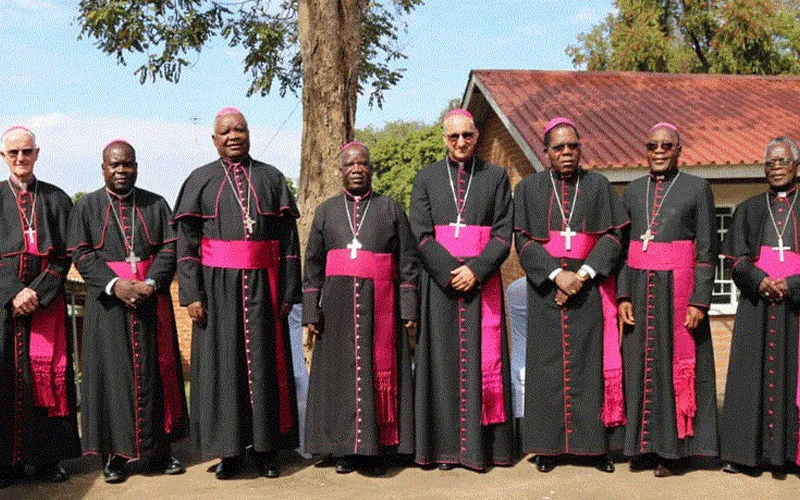Lilongwe, 26 August, 2021 / 9:00 pm (ACI Africa).
Ahead of the celebration of World Communications Day (WCD) in Malawi, Catholic communicators, members of the Clergy, women and men Religious in the Southeastern African have been cautioned against “spreading fake news and hearsays.”
In a message issued Wednesday, August 25 ahead of the Sunday, August 29 celebration, members of the Episcopal Conference of Malawi (ECM) invite Catholic communicators “to learn truthful communication, which was part of those first moving encounters of Jesus with the disciples and is also the method for all authentic human communication.”
“The Catholic Bishops are therefore urging all Catholics, those in the communication industry or not, including the Clergy and the religious, to refrain from spreading fake news and hearsays,” ECM members say.
They continue, “Let us have passion for the truth as we serve humankind with compassion. Above all, we are being called to be evangelizers through our various communication platforms.”
In the message signed by ECM Chairman for Social Communications and Research Commission, Bishop Montfort Stima, the Catholic Church leaders note that “in order to tell the truth of life that becomes history, we must be present at the situation and see for ourselves, listen to people's stories and confront the reality.”








